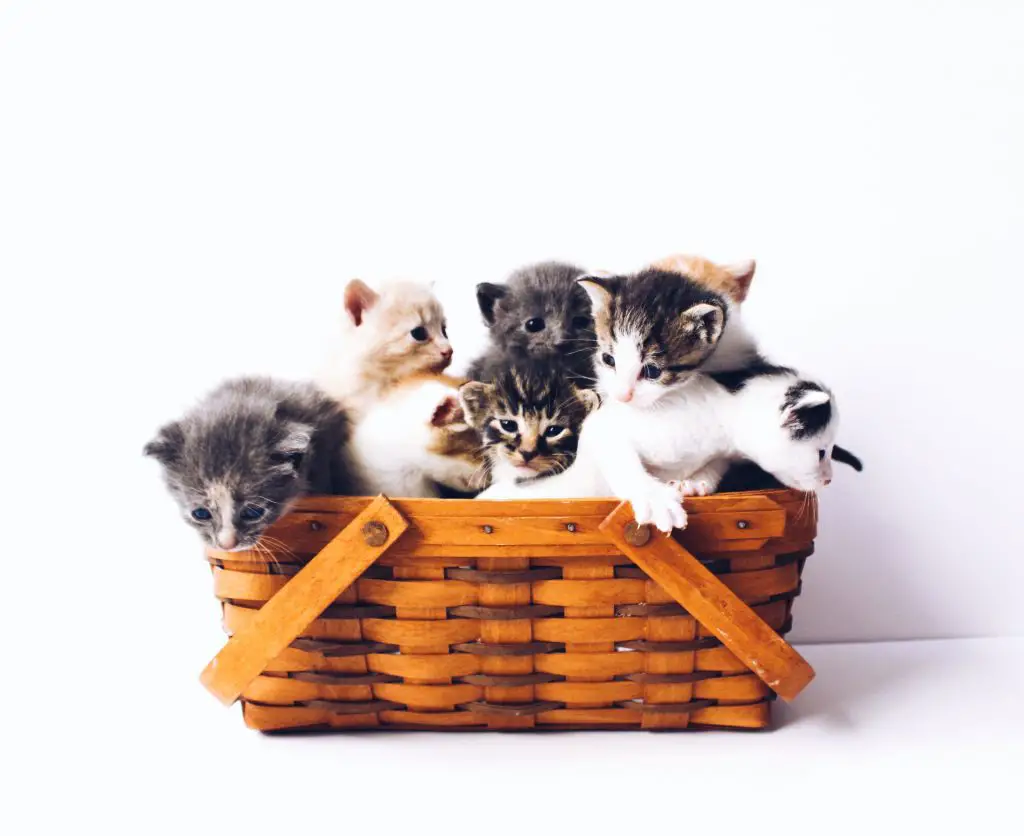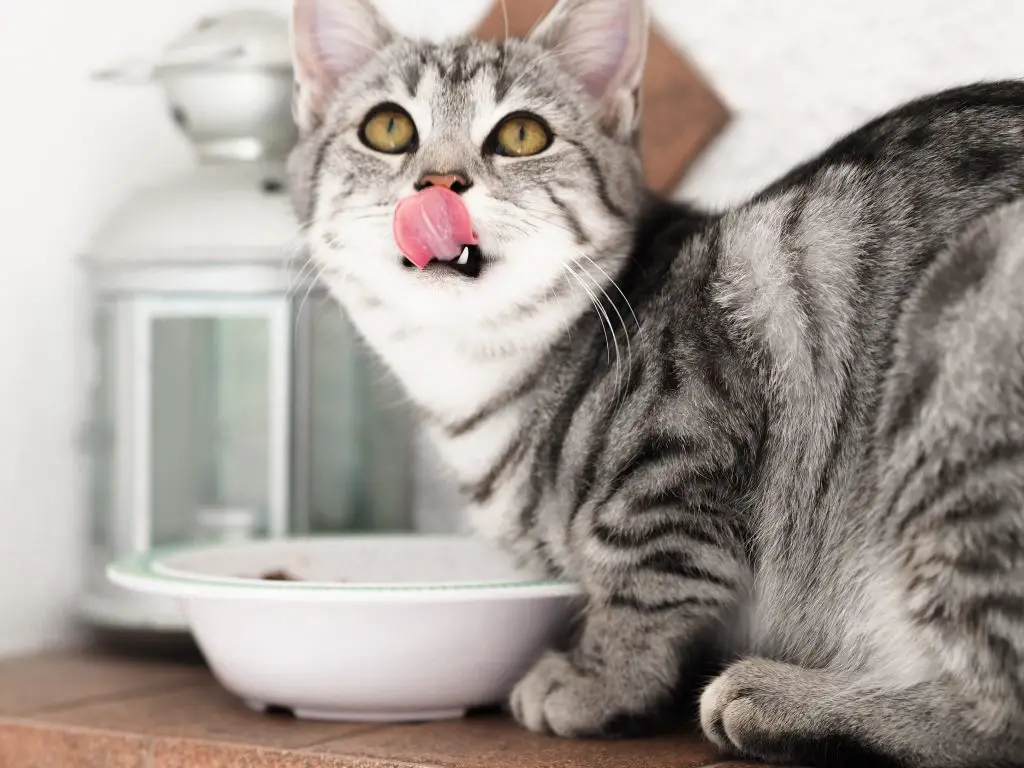As the guardian, choose a proper diet for your feline friend to delay or avoid veterinary expenses due to a serious medical condition. You will find cat food labels designed to make your decision easier when choosing high-quality food for your cat.
Feline nutrition is vital for their general health. As much as there are many dietary options, formulas and brands to consider, you must choose high-quality foods for better wellness and health. Things may be confusing at first, but you learn that nutritional requirements are primarily for energy and growth. The experts at https://petsumer.com/best-kitten-food/ explains that cats need high-quality foods formulated to meet their nutritional and evolutionary platform in mind.
Always choose your foods based on the right nutrition to strengthen their immune system. This prevents unnecessary expenses to the veterinary medical treatment.
Types of Cat Food
- Canned food (wet) – good for their urinary health and makes the cat consume more water.
- Kibble (dry) – good for their general health and include dried or fresh meat
- Fresh proteins (processed or uncooked) – great for their optimal wellness
Just like humans, cats also need six classes of nutrients i.e. water, proteins, vitamins, essential fatty acids, and minerals.
Water
It’s the most important nutrient as it sustains healthy cells and their overall body function. Cats need water as their body loses water through urine, milk, feces, skin and lungs. Consuming wet foods enables them to receive water. A sound high-quality feline nutrition includes diets rich in water and unprocessed proteins. Canned feline foods are mostly formulated with 80% water per serving.
Proteins
Protein is an essential component of cat nutrition and helps in maintaining muscles, tendons, bone, and ligaments. The feline’s functioning body components are mostly made of proteins like hormones, enzymes, neurotransmitters and plasma proteins. Amino acids also have proteins, which is vital and a sound nutritional requirement in a cat diet.
Essential Fatty Acids
The food provides energy and also carries fat soluble vitamins K,A,D, and E. Plus, fats supply arachidonic and linoleic acids which are good for their overall health. Cats with fat deficiencies have the following symptoms;
- Listlessness
- Susceptible to infections
- Dandruff or dry hair
- Stunted growth
A high-quality food has roughly 20-40% essential fatty acids of the total daily intake.
Vitamins
Vitamins help regulate body processes such as proper functioning of cells and organs, support growth and development. Plus, vitamins boost immunity. Vitamins come in two types: the fat-soluble ones like essential fatty acids and the water-soluble vitamins like C, B-12, Niacin, Thiamine, Pantothenic Acid and Pyridoxine. Always check for the AAFCO label before buying.
Minerals
Minerals help regulate enzymes, tissue structure and in acid-base balance. However, there is no universal mineral intake for cats. Nevertheless, cats need minerals such as sodium, calcium, Zinc, copper, magnesium, potassium, Iodine, and phosphorus.
The overall balance of the feline diet is affected by the interaction between different foods and minerals. Therefore, you can consult your veterinarian concerning the right balance and mineral amounts for your cat food supplements. Familiarize yourself with the labeling of cat foods to avoid getting confused. Pay attention to the phrasing.


